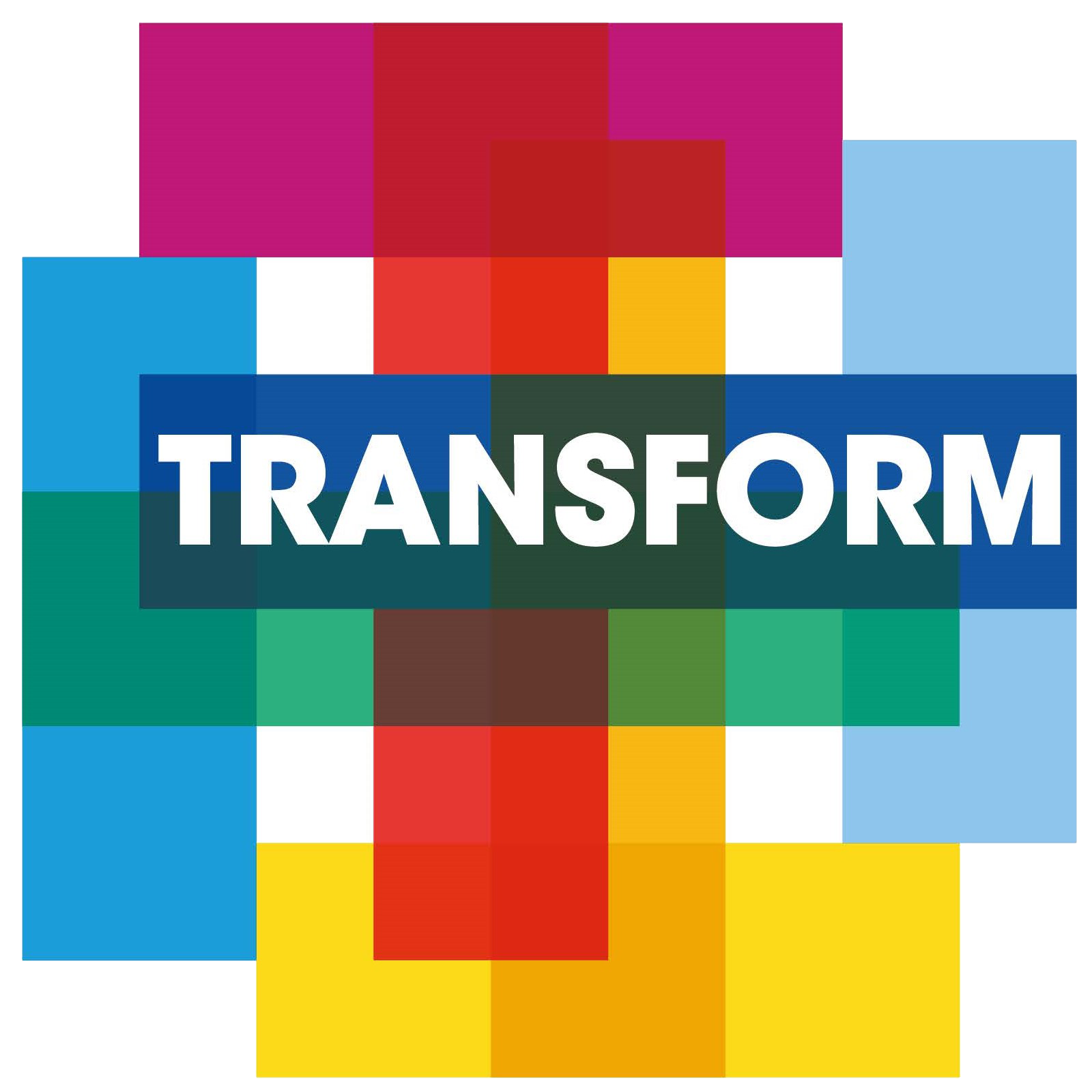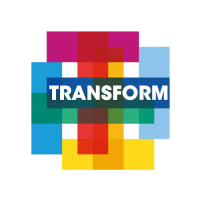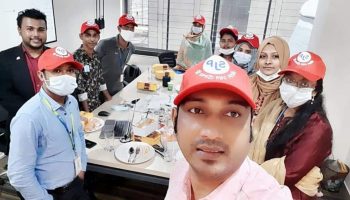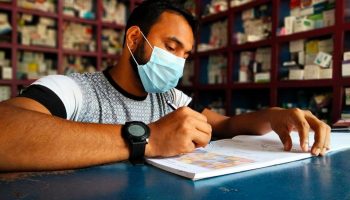Entrepreneur: Farhana Rashid, Co-founder and CEO of Bhumijo, Bangladesh
Less than one hundred usable public toilets serve the nearly 20 million residents of Dhaka, the capital of Bangladesh. Traditionally, public toilets tend to be in train stations or markets. They’re usually dirty and unsafe. It’s not uncommon for the water to be turned off for long periods.
As a result, women going out and about often avoid drinking water, so they don’t need to go to the toilet. The result is a high incidence of urinary tract infections. Growing up, it was standard for me and my female friends and relatives not to stay hydrated when away from home. This caused many health problems, but when my aunt died from kidney failure, I decided I had to do something. I believe having access to a clean toilet is a basic human right.

In 2017, I set up Bhumijo, a social enterprise dedicated to providing hygienic public toilets and wash facilities for all. As things stood, 42% of city residents didn’t have access to decent bathrooms, even at home. I’d trained as an architect and held a master’s degree in sustainable urban planning and design. I was in a good position to create the right kind of public toilets for my city.
Thanks to TRANSFORM, we received funding and support from Unilever, the UK’s Foreign, Commonwealth and Development Office and EY, to test different construction techniques and revenue mixes to refine the business model. Initially we started with permanent brick structures for public toilets but ended up devising a modular system that could be built quickly in different locations. I also received great financial advice from the initiative, which helped me rapidly scale my business.
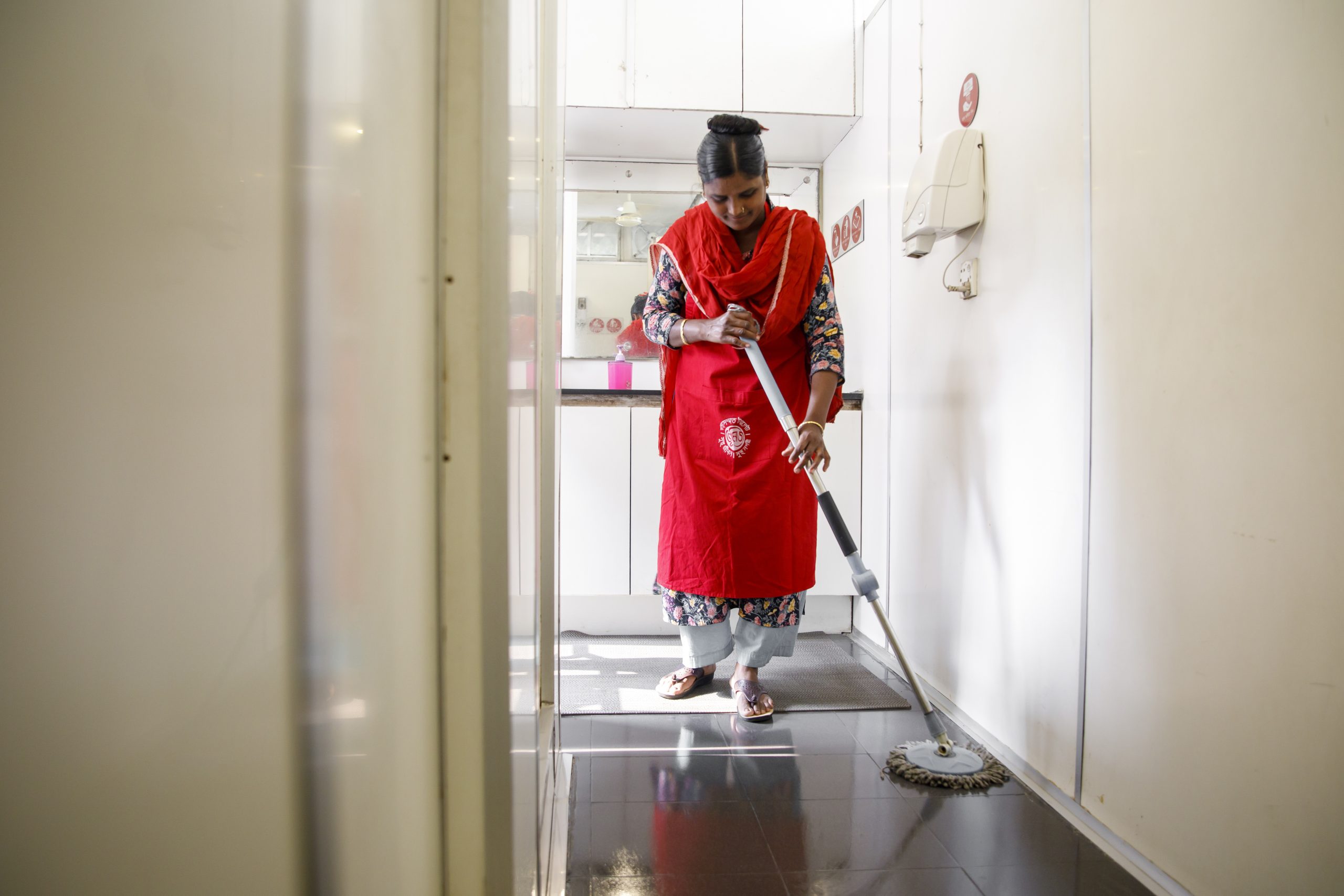
I started with one women-only facility. Today, Bhumijo operates 34 public toilets, serving 7,000 people every day. We are due to open six more. We charge the same fee as the public facilities, but ours are modern, bright, safe and pristine. By 2030, we aim to have a thousand facilities.
I started this business to help women. Due to cultural taboos around them using public toilets, we originally hoped that they’d make up 7% of our customers. Our facilities are so welcoming and clean, I’m proud to say we are already hitting 20%. We are helping women to live their lives without worrying about a lack of public facilities. No woman should die because she can’t access a clean toilet.
‘I’m constantly thinking about how we improve what we do. For example, we’re currently testing an app, which will give us valuable data from all our locations. That will help us shape our business effectively going forward, placing exactly the right kind of facilities in just the right places.’
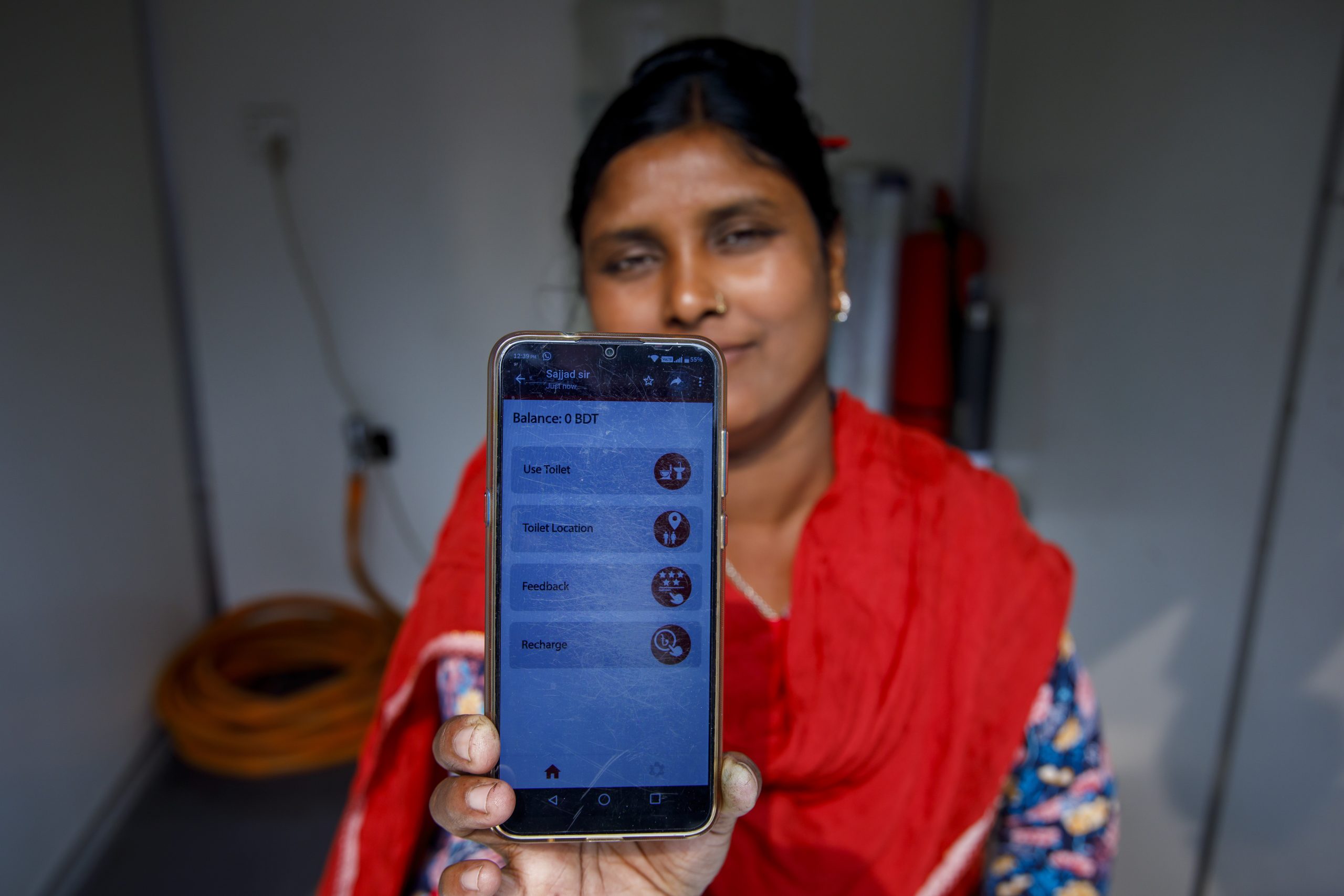
Contributing partner: Ravi Durwas, South Asia lead for TRANSFORM at Hindustan Unilever Ltd
South Asia is a focus market for TRANSFORM as well as Unilever. It is critical because of the sheer number of people that use Unilever services and our footprint in the region, and because of the number of lives that can be positively affected through interventions like TRANSFORM.
TRANSFORM unites corporates, donors, investors and academics to support visionary impact enterprises across Africa, Asia and beyond. Together, we test and scale new solutions that tackle environmental challenges, improve health and wellbeing, and build inclusive economies.
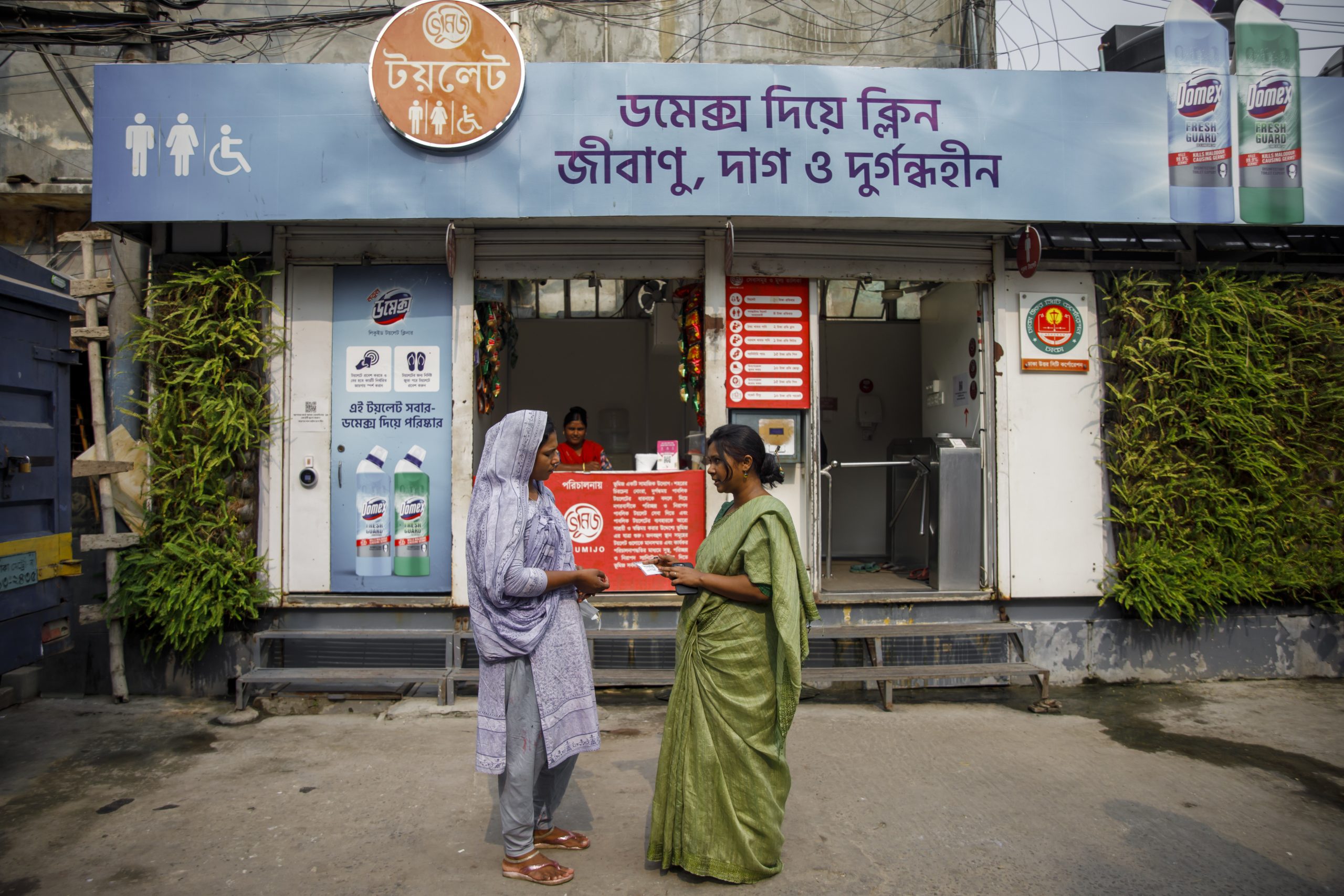
Part of my role is curating a pipeline of new social enterprises that TRANSFORM can work with. It’s also about helping enterprises find opportunities to be introduced into Unilever’s value chain wherever possible; being part of a global value chain could be the biggest accelerator beyond TRANSFORM’s support grant.
Bhumijo is a great example of this. TRANSFORM’s grant enabled the business to expand the number of toilets, and to test different revenue models to see how they could get to profitability.
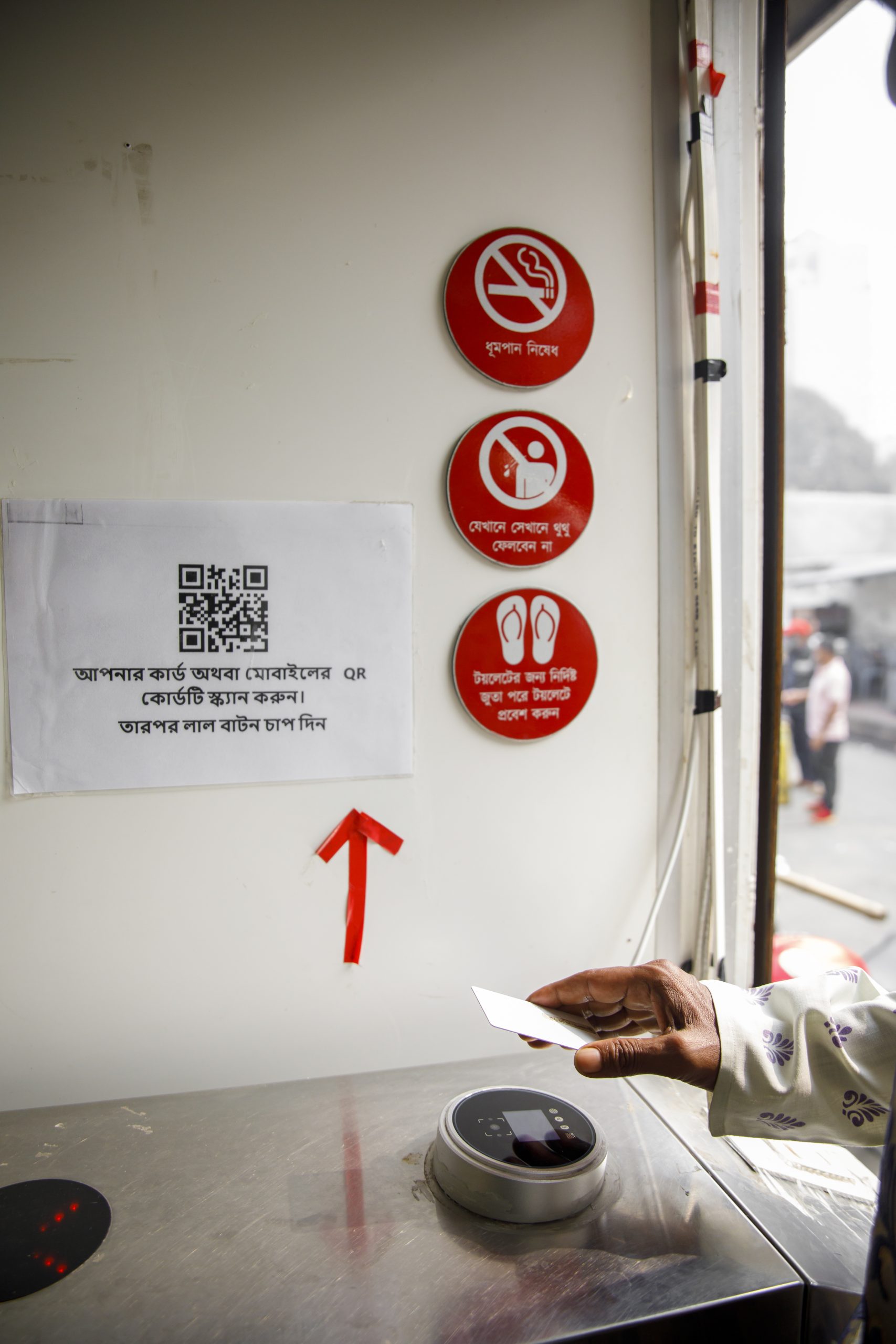
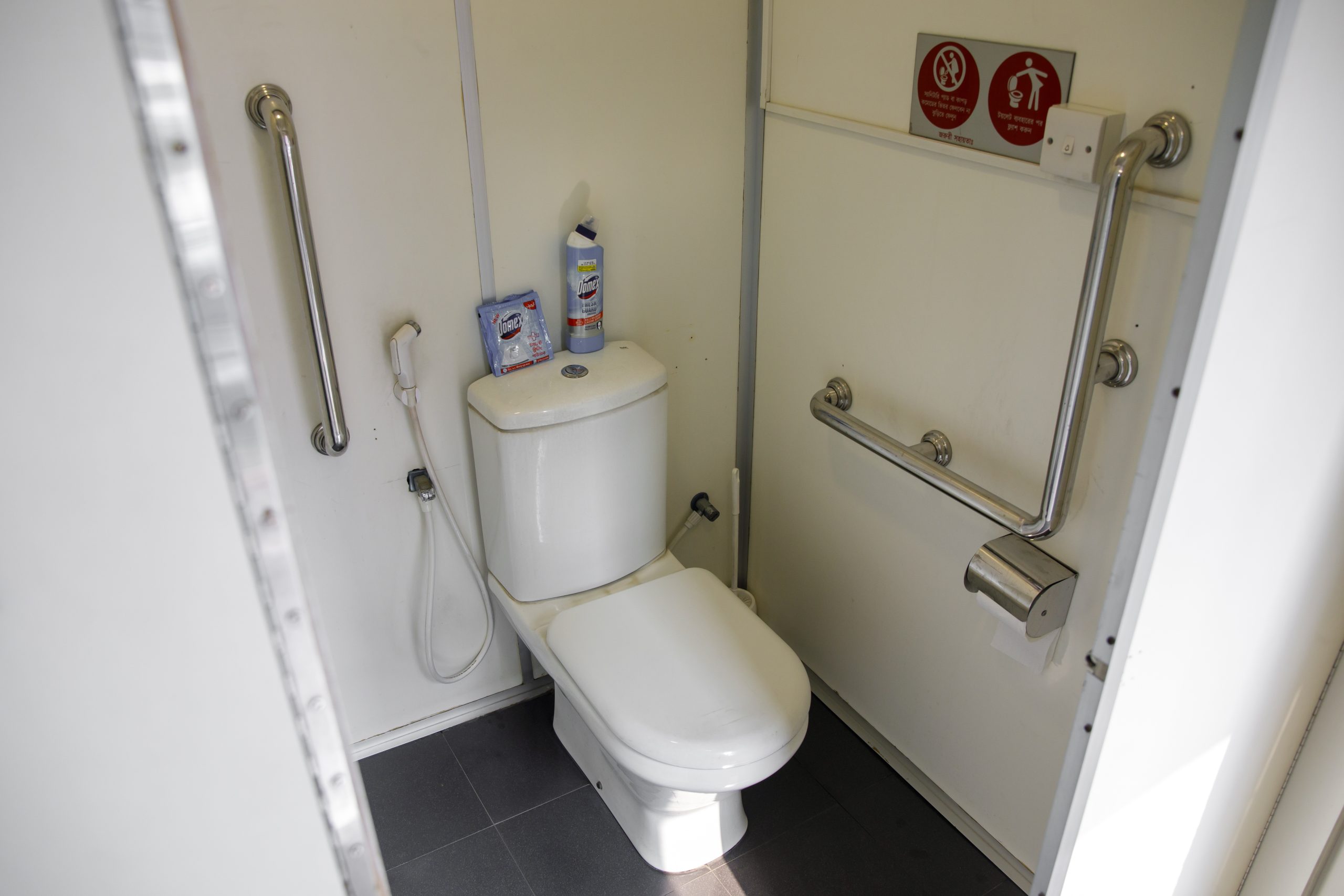
Now, as a result of that testing, Bhumijo and Unilever Bangladesh have entered into a commercial agreement, where Unilever’s Domestos brand is advertising in 30 of Bhumijo’s toilets. This helpful source of revenue for the enterprise was made possible by the alignment between the two companies: for Unilever’s Domestos brand, their purpose is to win the war against unsafe sanitation and poor hygiene – and Bhumijo does exactly the same thing.

